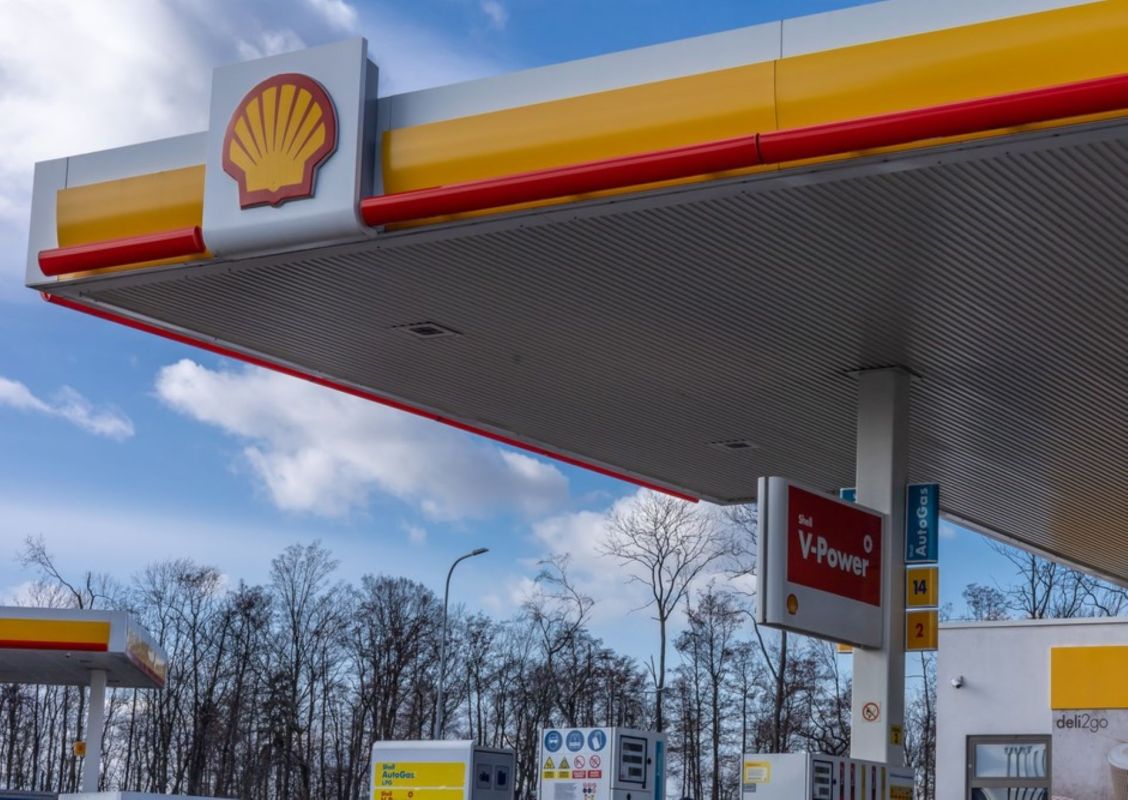Although much of the world is moving toward "clean energy" sources like wind and solar, some groups are dragging their feet.
Oil executives have been at the top of that list and have offered many arguments in favor of continuing to make money with heavily polluting fuel sources. Recently, Shell CEO Wael Sawan sparked outrage by claiming it would be "dangerous" to produce less oil and gas, the Guardian reports.
What happened?
Sawan has been Shell's CEO for less than a year, the Guardian explains, but in that time, he has already changed the company's direction, abandoning previous climate pledges in favor of more gas and oil production and more payouts for stakeholders.
Now, in a recent interview, the Guardian reports that he has made "cynical" claims about the effects of lowering gas production.
"What would be dangerous and irresponsible is cutting oil and gas production so that the cost of living, as we saw last year, starts to shoot up again," Sawan told the BBC. According to him, the move would drive up prices, with a heavy impact on the poorest economies.
Jamie Peters, head of climate at Friends of the Earth, told the Guardian it is "utterly ironic for Shell to be calling anything 'dangerous and irresponsible.'"
"Let's be clear, companies like Shell are fueling both the climate crisis and the soaring cost of energy," Peters said. "They are profiting from the misery of ordinary people while destroying the planet, and they're making a cynical case to continue locking us into the volatile fossil fuel markets that are the root cause of the energy crisis."
Why is gas production an issue?
Because "dirty energy" sources like oil and gasoline release heat-trapping gas into the atmosphere when burned, scientists and climate groups have been pushing for the world to move away from these methods and embrace "clean energy" like wind and solar.
Switching to cleaner energy sources is the best way to cool down the planet and slow down the acceleration of dangerous natural disasters. Both humanity and the environment would benefit.
However, oil executives and others who profit from dirty energy have been pushing back. Shell has unfairly tried to portray itself as an environmentally friendly company investing in clean energy, but Sawan's remarks make clear that this company has no intention of slowing down its massive pollution.
What's being done about dirty energy?
Thankfully, regulators have begun the slow process of stopping dirty energy use. For example, the EU is moving toward banning new gas-powered cars, and the EPA has announced new pollution rules that will push automakers toward making electric vehicles. Buyers can help by choosing electric over gas wherever possible.
Join our free newsletter for cool news and actionable info that makes it easy to help yourself while helping the planet.









